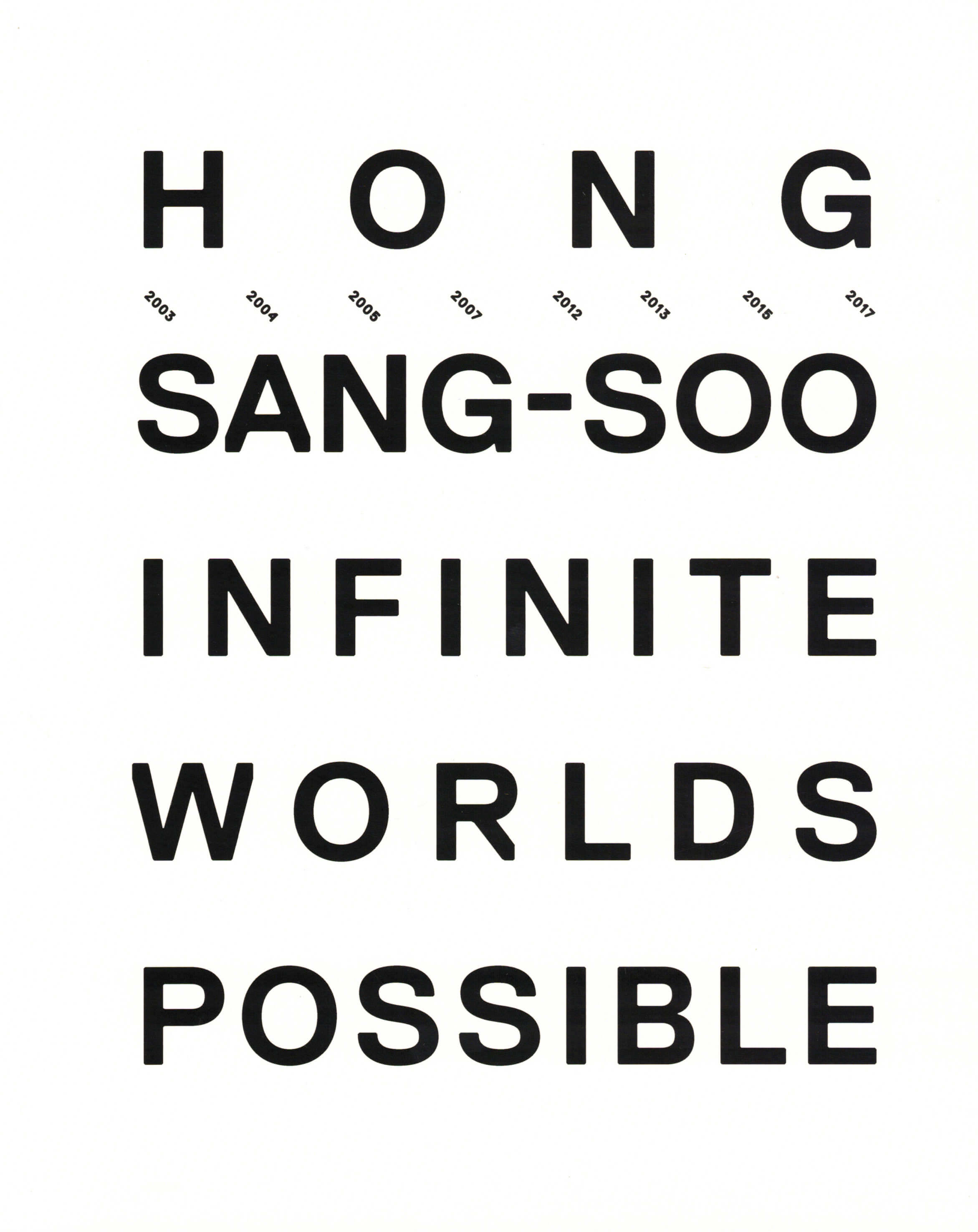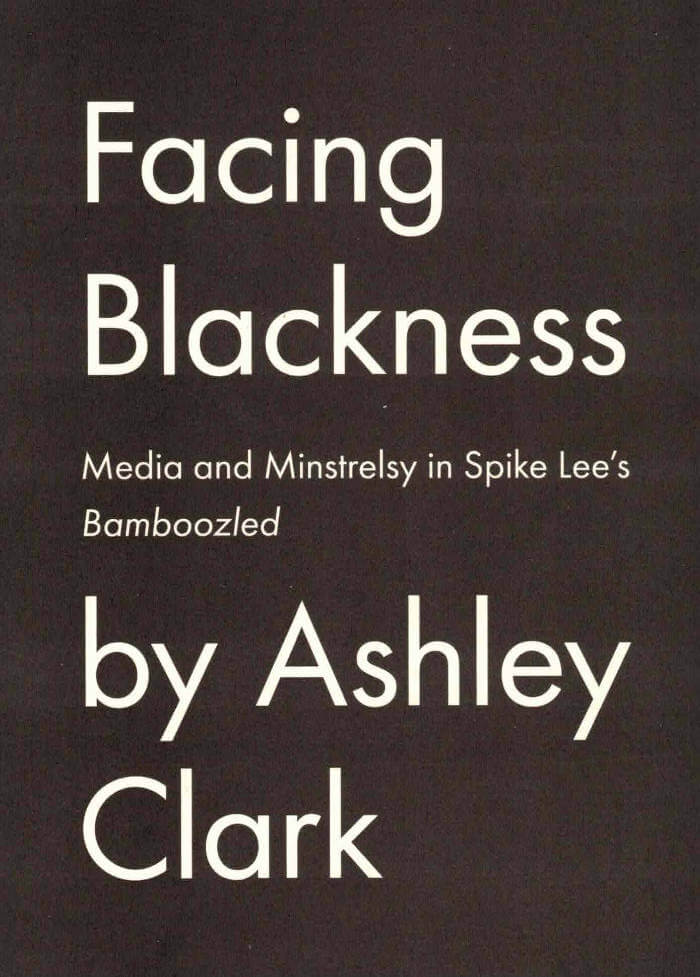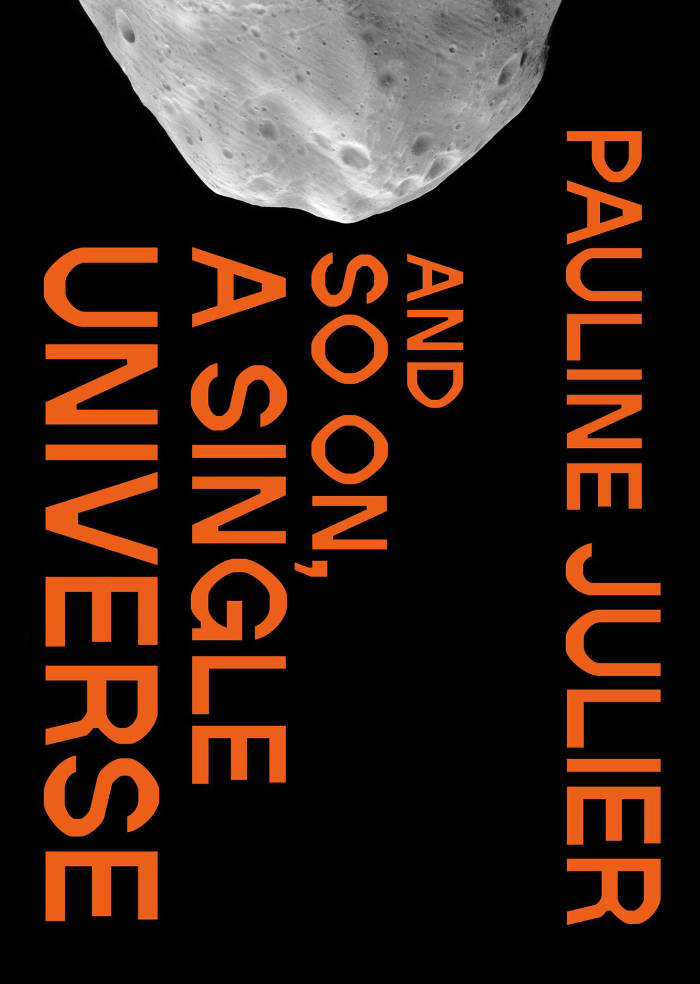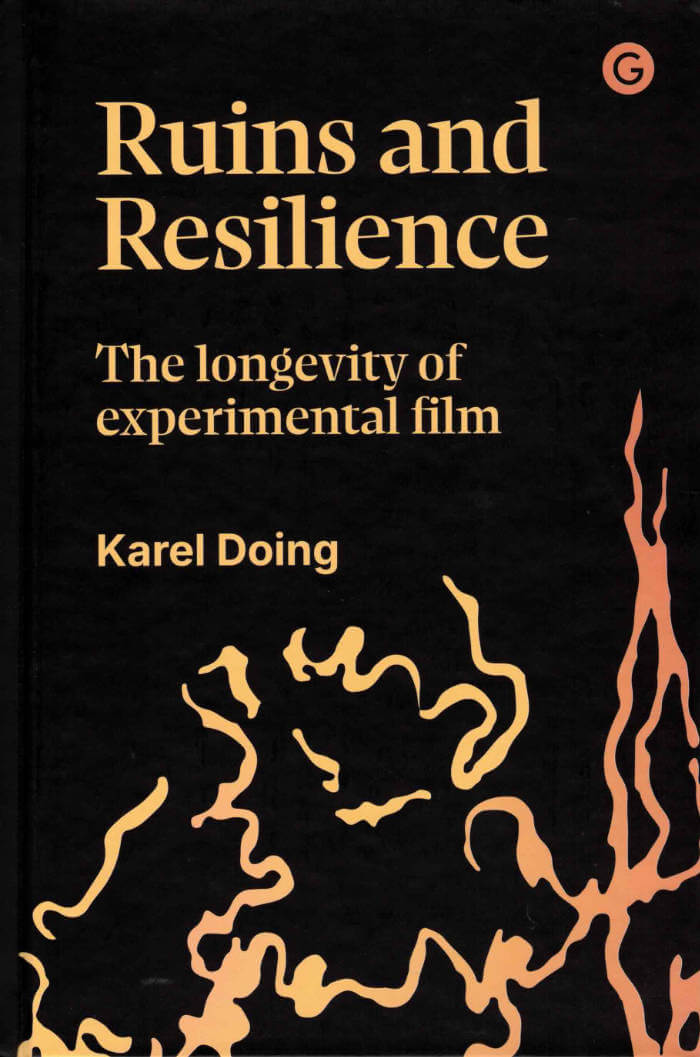A collection of Pauline Julier’s art that expands from the terrestrial to the cosmos to comment on our place in the universe.
At the interface of documentary and fiction, the multimedia works collected in Pauline Julier take us on a dizzying journey through space and time. Julier’s art travels through the geological ages of planet Earth, through different histories, natural disasters, and the Anthropocene’s paradigm shifts and into outer space. Her background in political science and photography is reflected in her work: looking into the past and the future, she investigates topical questions about our unlimited use of natural resources, escapism, and the colonization of space.
Conceived and designed as a work of art in its own right, this volume offers a comprehensive insight into Julier’s art and thought through a conversation with eminent scholar of science and technology studies Donna Haraway alongside contributions by curator Céline Eidenbenz, anthropologist, and writer Nastassja Martin, and art historian, curator, and author Chus Martínez.
Edited by Céline Eidenbenz and Sarah Mühlebach.
With Contributions by Donna Haraway, Pauline Julier, Nastassja Martin, and Chus Martínez.





